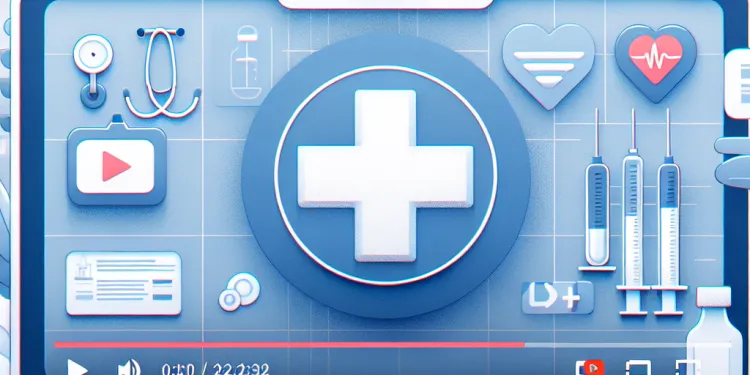
Find Help
More Items From Ergsy search
-
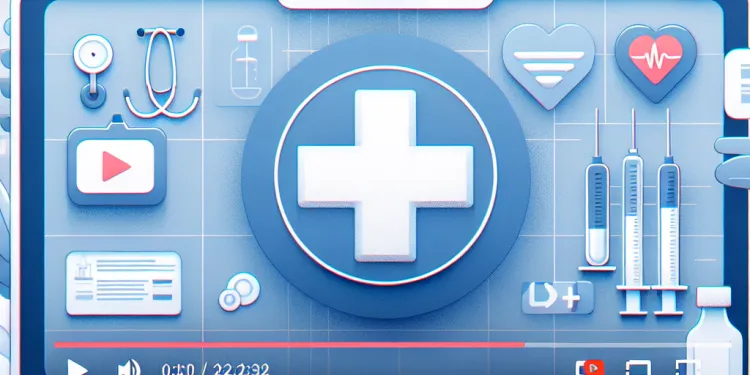
Understanding the NHS: How to Access Services
Relevance: 100%
-

How can carers access local resources and support services?
Relevance: 86%
-

Can carers of Alzheimer's patients access in-home healthcare services?
Relevance: 80%
-

Is there a library service in the prison?
Relevance: 70%
-

Are there transportation services available for seniors?
Relevance: 66%
-

Accessing Mental Health Support Resources in the UK
Relevance: 66%
-
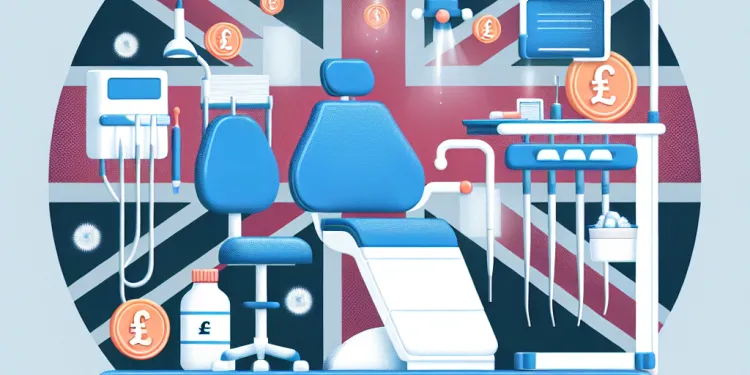
Will Brexit affect my access to NHS dental treatments?
Relevance: 64%
-

Mental Health Support Services in the UK
Relevance: 63%
-

Can refugees or immigrants access food banks?
Relevance: 62%
-
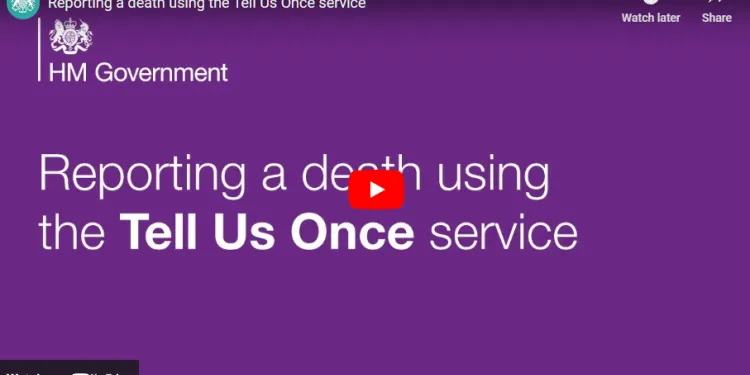
Reporting a death using the "Tell Us Once" service
Relevance: 60%
-

NHS 111 An Inclusive Service
Relevance: 60%
-

Are government pension advisory services trustworthy?
Relevance: 60%
-

What information do I need to access a food bank?
Relevance: 59%
-

Do community helpers have access to legal advice?
Relevance: 59%
-

How are health services provided in prison?
Relevance: 59%
-

Current Challenges in Youth Mental Health Services
Relevance: 59%
-

Can inmates access legal assistance?
Relevance: 59%
-

What happens if someone loses access to their mobile device?
Relevance: 59%
-
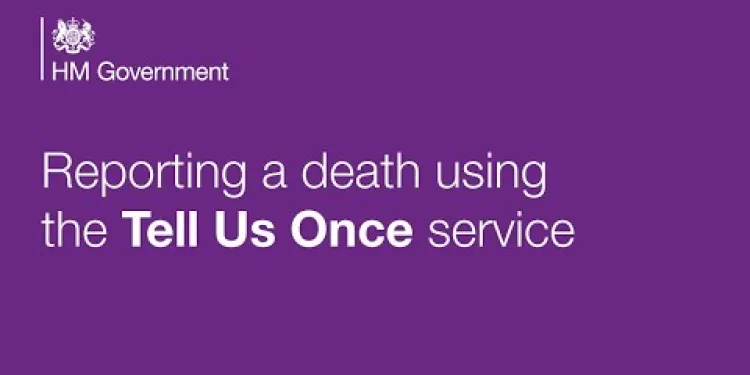
Reporting a death using the Tell Us Once service
Relevance: 59%
-

What should I do if I can't access my email account?
Relevance: 58%
-
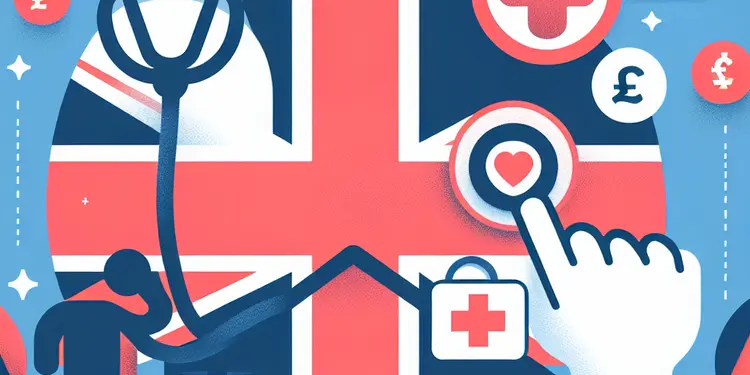
Can community helpers access physical health resources?
Relevance: 58%
-

Do I have to provide personal information to access a food bank?
Relevance: 58%
-

Do Monzo and Revolut offer 24/7 customer service?
Relevance: 58%
-

Are there online support services for prostate cancer patients on the NHS?
Relevance: 58%
-

How can seniors access long-term care support?
Relevance: 57%
-

Do insurance companies cover virtual ward services?
Relevance: 57%
-

New Report Highlights Gaps in Mental Health Services for Welfare Recipients
Relevance: 57%
-

I do not have internet access. How can I apply?
Relevance: 57%
-
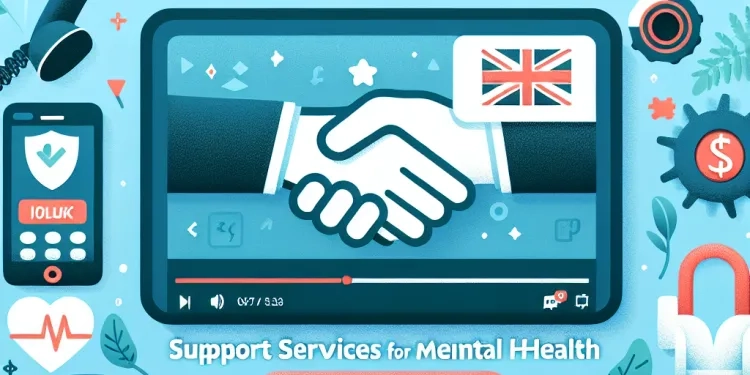
Support Services for Mental Health Amid Economic Uncertainty
Relevance: 57%
-

Can I access my Council Tax payment history online?
Relevance: 56%
-

NHS to Expand Digital Health Services to Reduce Appointment Backlogs
Relevance: 56%
-

Do online tax services help maximize my refund?
Relevance: 56%
-

What digital services have been introduced in family courts in 2026?
Relevance: 55%
-

Do I have to do Jury Service?
Relevance: 55%
-

How can drivers access their digital driving license?
Relevance: 55%
-

NHSGGC - Respiratory Physiotherapy Service: Self-Management
Relevance: 55%
-
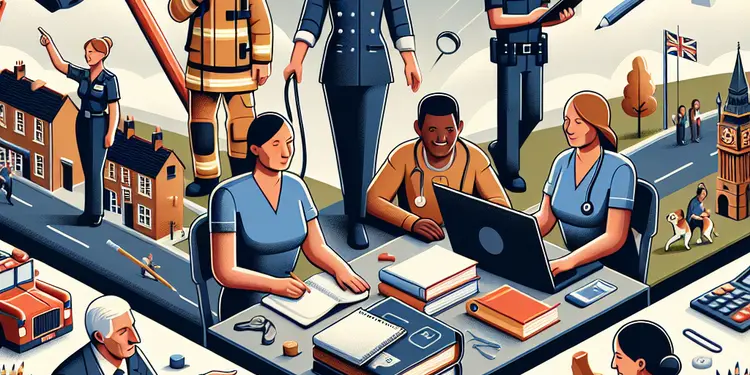
How can community helpers access educational resources?
Relevance: 55%
-

Navigating Mental Health Services for Children and Adolescents
Relevance: 55%
-

Newcastle Specialist Continence Service's Light Urinary Incontinence Project
Relevance: 55%
-
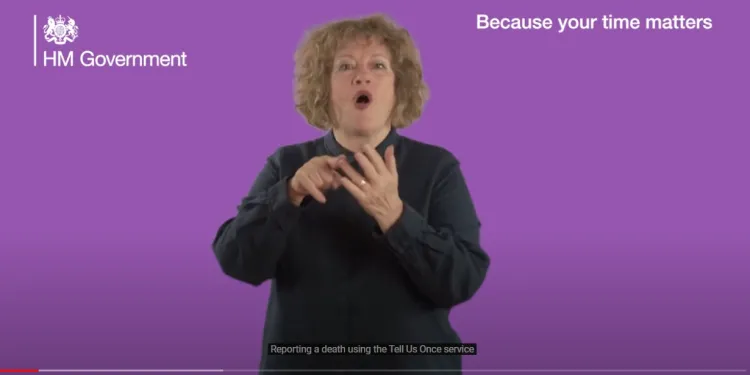
Reporting a death using the Tell Us Once service - Sign Language Version
Relevance: 55%
Understanding the NHS: How to Access Services
Introduction to the NHS
The National Health Service (NHS) is the publicly funded healthcare system of the United Kingdom, providing a wide range of health services to residents. It is one of the world’s largest single-payer healthcare systems. Understanding how to access these services can help you make the most of the NHS and ensure you receive the care you need.
Registering with a GP
One of the first steps to accessing NHS services is to register with a General Practitioner (GP). GPs are doctors who provide general medical care and are typically your first point of contact for health issues. To register, simply find a local GP practice, visit their office, and complete a registration form. You might need to provide proof of identity and address.
Booking Appointments
Once registered with a GP, you can book appointments for health concerns. Appointments can often be made by phone, online through the GP practice's website, or in person. For urgent appointments, contact your GP’s office directly, and they will advise you on the next steps. If you need specialized care, your GP can refer you to a specialist or consultant.
Using the NHS 111 Service
If you need medical advice or are unsure whether you need to see a doctor, you can use the NHS 111 service. This is a free helpline that is available 24/7, providing medical advice and directing you to appropriate services. You can contact NHS 111 by dialing 111 on your phone or visiting the NHS 111 website.
Accessing Emergency Services
For life-threatening emergencies, dial 999 to contact emergency services. This number can be used for ambulance services, police, and fire services. Emergency departments (A&E) are available at major hospitals for serious health issues such as severe chest pain, breathing difficulties, and major injuries. For non-life-threatening issues, your GP or NHS 111 would be the appropriate first contact.
Using Walk-In Centres and Urgent Care Centres
Walk-in centres and urgent care centres offer treatment for minor injuries and illnesses without an appointment. They are staffed by doctors and nurses and can handle issues like cuts, infections, and minor fractures. These centres are convenient if you need immediate help but do not have a medical emergency.
Conclusion
Understanding how to navigate the NHS helps you access the wide array of healthcare services available to you. Whether it is consulting with your GP, using NHS 111 for advice, or visiting an urgent care centre, knowing the right steps ensures prompt and effective medical care.
Understanding the NHS: How to Get Help
What is the NHS?
The National Health Service (or NHS) is the healthcare system in the United Kingdom. It helps people who live in the UK by providing medical care. It is really big and helps a lot of people. Knowing how to use the NHS can help you get the care you need when you are sick or need advice.
Signing Up with a GP
The first thing to do is sign up with a doctor called a General Practitioner, or GP. GPs are the doctors you see when you have a health problem. To sign up, find a GP practice near you. Go to their office and fill out a form. You might need to bring something with your name and address on it, like a letter.
Making Appointments
After you sign up with a GP, you can make appointments to see them. You can call them, use their website, or visit them to make an appointment. If you need to see a doctor quickly, call your GP’s office, and they will tell you what to do. If you need to see a special doctor, your GP can help you get an appointment with one.
Using NHS 111 Service
If you have a medical question and it's not an emergency, you can call NHS 111. NHS 111 is a free phone service that is open all day and night, every day. They can give you medical advice and tell you where to go if you need to see a doctor. To reach them, just dial 111 on your phone or visit the NHS 111 website.
Getting Emergency Help
If there is a life-threatening emergency, call 999 right away. This number is for when you need an ambulance fast, or if you need the police or fire services. If someone is really hurt or very sick, like with chest pain or trouble breathing, go to the hospital's emergency department, called A&E. For things that are not emergencies, call your GP or NHS 111 first.
Visiting Walk-In or Urgent Care Centres
If you have a minor injury or illness and need help quickly, you can visit a walk-in centre or urgent care centre. You don’t need an appointment. Doctors and nurses there can help with cuts, infections, or minor broken bones. These centres are good if you can’t wait but it’s not an emergency.
Final Thoughts
Knowing how the NHS works can help you get the care you need quickly. Whether you visit your GP, call NHS 111 for advice, or go to an urgent care centre, understanding what to do means you can get help when you need it.
Frequently Asked Questions
What is the NHS?
The NHS (National Health Service) is the publicly funded healthcare system in the United Kingdom. It provides a wide range of health services, mostly free at the point of use for residents of the UK.
How do I register with a GP?
To register with a GP, you need to find a local GP practice and contact them to see if they are accepting new patients. You will need to fill out a registration form and provide proof of identity and address.
How can I book an appointment with my GP?
You can book an appointment with your GP by calling the practice, using an online booking system if available, or visiting the practice in person.
What services are covered by the NHS?
The NHS covers a wide range of services including GP appointments, hospital care, dental care, mental health services, emergency care, prescriptions, and some specialist treatments.
Are prescription medications free on the NHS?
In England, prescription medications typically have a standard charge. However, some groups, such as children, older adults, and those with certain medical conditions, are exempt from charges. In Scotland, Wales, and Northern Ireland, prescriptions are free.
What should I do in an emergency?
In an emergency, you should call 999 for an ambulance or go directly to your nearest Accident & Emergency (A&E) department. For urgent but non-life-threatening situations, you can call NHS 111 for advice.
How do I access mental health services?
You can access mental health services by speaking to your GP, who can refer you to local services. You can also access self-referral services in your area or use NHS 111 for urgent mental health advice.
Can I see a specialist without a referral?
In most cases, you need a referral from your GP to see a specialist. However, there are some specialist services that you can access directly, depending on your condition and local services.
How do I access dental care through the NHS?
To access NHS dental care, you need to find an NHS dentist and register as a patient. You can search for local NHS dental practices and contact them to see if they are accepting new patients.
What is NHS 111?
NHS 111 is a free, non-emergency medical helpline that provides advice and information on health services. It is available 24/7 and can help guide you to the appropriate care.
Can I get an NHS health check?
Yes, NHS health checks are available for adults aged 40-74 in England. These checks assess your risk of heart disease, diabetes, kidney disease, and stroke. You can contact your GP to see if you are eligible.
Are there any charges for NHS services?
Most NHS services are free at the point of use. However, there may be charges for prescriptions, dental treatments, vision tests, and some specialist services.
What is an NHS number?
An NHS number is a unique 10-digit number assigned to every individual registered with the NHS in England, Wales, and the Isle of Man. It helps healthcare providers identify and link your medical records.
How can I find my NHS number?
You can find your NHS number on medical letters, prescriptions, or by logging into your online patient account. You can also ask your GP practice to provide it.
How can I provide feedback or make a complaint about NHS services?
You can provide feedback or make a complaint directly to the NHS service provider or through the NHS website. You can also contact the Patient Advice and Liaison Service (PALS) for support and guidance.
What is the NHS?
The NHS is a big part of the UK. It helps people stay healthy.
The NHS means National Health Service. It gives health care to everyone. It helps you when you are sick or hurt. It also helps you stay well.
If you need to see a doctor, go to the hospital, or get medicine, the NHS is there. It helps people of all ages.
If reading is hard, you can ask someone to read it to you. You can also use audio tools to listen instead of reading.
The NHS means National Health Service. It is a health care service in the United Kingdom. The NHS gets money from the government. It helps people with their health. Most NHS services are free for people who live in the UK.
How do I sign up with a doctor?
It’s easy to sign up with a doctor. Here’s how you can do it:
- Find a doctor’s office near your home.
- Go to the office and ask to sign up as a patient.
- Fill out the form they give you. It asks for your name, address, and date of birth.
- If you need help, ask a family member or a friend to come with you.
You can also call the doctor’s office to ask for help with signing up.
If you'd like, you can use a computer or phone to search for doctor’s offices online too. Try using voice search or ask someone to help you look it up.
To sign up with a doctor, start by finding a doctor's office near you. Call or visit them to check if they can take new patients. You will need to fill in a form and show them something with your name and address on it, like a bill or a letter.
How do I make a doctor's appointment?
Do you want to see your doctor? Here is how you can do it:
- Call your doctor's office. Someone will help you pick a time to visit.
- Go to the doctor's website. You can choose a time there too.
- You can ask a family member or friend to help you.
- Use tools like speech-to-text if calling is hard for you.
It's good to write down the time and date, so you don't forget!
You can make an appointment to see your doctor (GP). Here are some ways to do it:
- Call the doctor's office.
- Use the internet to book if they have a website for appointments.
- Go to the doctor's office and schedule a time in person.
What does the NHS help with?
The NHS helps people with their health. They have many services to make you feel better.
Here are things the NHS can help with:
- Going to see the doctor
- Visiting the hospital
- Getting medicine
- Seeing a nurse
- Getting your teeth checked
- Eye tests and glasses
If reading is hard, you can listen to information. Ask someone you trust to help you.
The NHS helps with many things. You can see a doctor (GP), go to the hospital, get help for your teeth, talk to someone if you feel sad or worried, get emergency care if you are hurt, get medicine from the pharmacy, and have special treatments if you need them.
Do you have to pay for medicine from the NHS?
If you get medicine from the doctor, it is called a prescription. Sometimes you have to pay for it. But some people get it for free.
If you want to know if you can get free medicine, you can:
- Ask your doctor or nurse.
- Visit the NHS website for help.
In England, you usually have to pay a set price for medicine from the doctor. But some people don't have to pay. These people are children, older people, and those who are sick with certain illnesses. In Scotland, Wales, and Northern Ireland, you don't have to pay for medicine from the doctor.
What to Do in an Emergency
If something bad happens, call 999 for an ambulance or go to the nearest Accident & Emergency (A&E) department. If it's important but not life-threatening, call NHS 111 for help.
How can I get help for my mental health?
If you are feeling sad or worried and need help, you can talk to a doctor or a nurse. They can tell you the best place to get help.
Here are some steps you can take:
- Talk to a trusted adult: You can talk to a parent, teacher, or family member. They can help you find the right support.
- Visit your doctor: Make an appointment to see your doctor. They can help you find mental health services.
- Call a helpline: You can call a special phone number where people are ready to listen and help you.
Remember, it is okay to ask for help, and there are people who care about you and want to help you feel better.
You can get help for your feelings and thoughts by talking to your doctor. Your doctor can help you find services nearby. You can also reach out to local services on your own or call NHS 111 if you need urgent help with your mental health.
Can I visit a special doctor without seeing another doctor first?
Usually, you need a letter from your doctor to see a special doctor. But sometimes, you can go straight to a special doctor if it depends on what is wrong and the services near you.
How can I get help for my teeth with the NHS?
It's important to see a dentist to keep your teeth healthy. Here’s how you can get help:
- You can find an NHS dentist by looking online or asking someone to help you search.
- Call the dentist to make an appointment. You might have to wait a little while for a check-up.
- When you visit the dentist, they will check your teeth and tell you if you need any treatment.
- If you have any questions, ask the dentist or the receptionist. They are there to help you.
It’s okay to bring someone with you if you feel nervous.
Remember: You need to clean your teeth every day to keep them healthy!
To get NHS dental care, you have to find an NHS dentist. Then, you register as a patient with them. Look for NHS dentists near you and ask if they are taking new patients.
What is NHS 111?
NHS 111 is a phone service to help you when you feel unwell. You can call 111 to talk to someone who will listen and tell you what to do. It is free to call, and you can use it at any time, day or night.
If you don't want to call, you can also use their website to get help.
They can tell you if you need to see a doctor or go to the hospital.
NHS 111 is a free phone service. It's for health advice when it's not an emergency. You can call any time, day or night. They help you find the right care.
Can I have a free health check from the NHS?
Yes, if you are aged between 40 and 74, you can get a free NHS health check in England. The health check is to see if you might get heart disease, diabetes, kidney disease, or a stroke. You can ask your doctor if you can have a check.
Do you have to pay for NHS services?
The NHS helps you with your health. Some things are free, like visits to the doctor or hospital.
But sometimes you might have to pay a bit of money. This can be for medicine, glasses, or going to the dentist.
If you are not sure, you can ask someone who can help. You can also use pictures or videos to learn more.
Most NHS services are free for you to use. But, you might have to pay for some things like medicines from the pharmacy, visits to the dentist, eye tests, and some special health services.
What is an NHS number?
The NHS number is a special number just for you. It helps doctors and nurses find your health information in the UK.
Here is how to learn more:
- Ask a family member or a friend to help you.
- Use a computer or tablet to look it up online.
- You can also ask a doctor or nurse to explain it to you.
Your NHS number is a special 10-digit number. It is only for you. This number helps doctors and nurses find your health information. You get an NHS number if you live in England, Wales, or the Isle of Man.
How can I find my NHS number?
Your NHS number is a special number for you only.
Here is how you can find it:
- Look at a letter or paper from your doctor or hospital.
- Look on your medical card if you have one.
- Use the NHS website to help you.
If you need help, ask someone at home, a friend, or at your doctor’s office.
You can find your NHS number on letters from the doctor, on prescriptions, or by logging into your online patient account. You can also ask your doctor's office for it.
How can I give feedback or make a complaint about NHS services?
If you want to talk about NHS services, here's a simple guide to help you:
- If you feel happy with a service, tell them! It helps them know what they are doing well.
- If something is not right, you can tell them what happened. This is called a complaint.
Here are some steps you can follow:
- Talk to someone: You can speak to a nurse, doctor, or another staff member.
- Write it down: You can write what happened in a letter or an email.
- Ask for help: If you find it hard to complain alone, ask a family member or friend to help you.
If you need help, you can:
- Call the NHS helpline for advice.
- Use a website that helps people share their feedback.
Remember, your voice is important and can help improve services for everyone!
You can tell the NHS what you think or if you are unhappy. You can do this by talking to the NHS service or by going to the NHS website. You can also talk to someone at the Patient Advice and Liaison Service (PALS) for help.
Useful Links
This website offers general information and is not a substitute for professional advice.
Always seek guidance from qualified professionals.
If you have any medical concerns or need urgent help, contact a healthcare professional or emergency services immediately.
Some of this content was generated with AI assistance. We’ve done our best to keep it accurate, helpful, and human-friendly.
- Ergsy carfully checks the information in the videos we provide here.
- Videos shown by Youtube after a video has completed, have NOT been reviewed by ERGSY.
- To view, click the arrow in centre of video.
- Most of the videos you find here will have subtitles and/or closed captions available.
- You may need to turn these on, and choose your preferred language.
- Go to the video you'd like to watch.
- If closed captions (CC) are available, settings will be visible on the bottom right of the video player.
- To turn on Captions, click settings .
- To turn off Captions, click settings again.
More Items From Ergsy search
-

Understanding the NHS: How to Access Services
Relevance: 100%
-

How can carers access local resources and support services?
Relevance: 86%
-

Can carers of Alzheimer's patients access in-home healthcare services?
Relevance: 80%
-

Is there a library service in the prison?
Relevance: 70%
-

Are there transportation services available for seniors?
Relevance: 66%
-

Accessing Mental Health Support Resources in the UK
Relevance: 66%
-

Will Brexit affect my access to NHS dental treatments?
Relevance: 64%
-

Mental Health Support Services in the UK
Relevance: 63%
-

Can refugees or immigrants access food banks?
Relevance: 62%
-

Reporting a death using the "Tell Us Once" service
Relevance: 60%
-

NHS 111 An Inclusive Service
Relevance: 60%
-

Are government pension advisory services trustworthy?
Relevance: 60%
-

What information do I need to access a food bank?
Relevance: 59%
-

Do community helpers have access to legal advice?
Relevance: 59%
-

How are health services provided in prison?
Relevance: 59%
-

Current Challenges in Youth Mental Health Services
Relevance: 59%
-

Can inmates access legal assistance?
Relevance: 59%
-

What happens if someone loses access to their mobile device?
Relevance: 59%
-

Reporting a death using the Tell Us Once service
Relevance: 59%
-

What should I do if I can't access my email account?
Relevance: 58%
-

Can community helpers access physical health resources?
Relevance: 58%
-

Do I have to provide personal information to access a food bank?
Relevance: 58%
-

Do Monzo and Revolut offer 24/7 customer service?
Relevance: 58%
-

Are there online support services for prostate cancer patients on the NHS?
Relevance: 58%
-

How can seniors access long-term care support?
Relevance: 57%
-

Do insurance companies cover virtual ward services?
Relevance: 57%
-

New Report Highlights Gaps in Mental Health Services for Welfare Recipients
Relevance: 57%
-

I do not have internet access. How can I apply?
Relevance: 57%
-

Support Services for Mental Health Amid Economic Uncertainty
Relevance: 57%
-

Can I access my Council Tax payment history online?
Relevance: 56%
-

NHS to Expand Digital Health Services to Reduce Appointment Backlogs
Relevance: 56%
-

Do online tax services help maximize my refund?
Relevance: 56%
-

What digital services have been introduced in family courts in 2026?
Relevance: 55%
-

Do I have to do Jury Service?
Relevance: 55%
-

How can drivers access their digital driving license?
Relevance: 55%
-

NHSGGC - Respiratory Physiotherapy Service: Self-Management
Relevance: 55%
-

How can community helpers access educational resources?
Relevance: 55%
-

Navigating Mental Health Services for Children and Adolescents
Relevance: 55%
-

Newcastle Specialist Continence Service's Light Urinary Incontinence Project
Relevance: 55%
-

Reporting a death using the Tell Us Once service - Sign Language Version
Relevance: 55%


